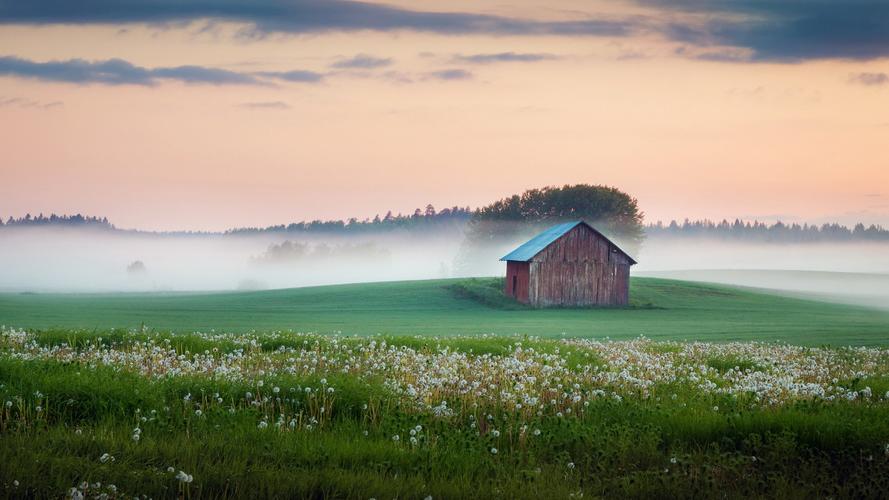Explore the World: 3 Cultural Traits That Make Every Country Unique
Being a global citizen, it’s important to develop an understanding and appreciation for the diverse cultures that make up our world. Every country has something unique to offer, from their food, traditions, to their overall way of life. In this article, we’ll explore three cultural traits that make every country stand out and why they matter.
1. The Art of Hospitality
One cultural trait that’s shared across the globe is hospitality. The way people welcome guests and treat strangers says a lot about their culture. In some countries, such as Japan, hospitality is an art form called Omotenashi. It’s a blend of politeness, attention to detail, and anticipation of guests’ needs. In other cultures, like the Middle East, hospitality is a way of life. Guests are treated with respect, and it’s considered an honor to host them.
Why does it matter? In a world that’s becoming increasingly disconnected, hospitality helps build relationships and cultivate empathy. It teaches us to be kind and respectful to others, even those we don’t know. Furthermore, hospitality can help bridge cultural gaps and promote cross-cultural understanding.
2. Celebration of Festivals
Another trait that makes every country unique is their way of celebrating festivals. Festivals are an integral part of many cultures and often reflect their history, beliefs, and values. For example, in India, the festival of Diwali celebrates the triumph of good over evil. It’s a time when family and friends come together, light candles and lanterns, and share sweets and gifts. Similarly, in Brazil, the Carnival is a celebration of life, music, and dance. It’s a time of indulgence, joy, and unity.
Why does it matter? Festivals serve as a reminder of our cultural roots and provide a sense of belonging. They also bring people together and create a sense of community. Moreover, festivals promote tourism, which can boost the local economy.
3. Respect for Elders
The way a culture treats its elders also tells us a lot about their values. In some cultures, like Japan and China, respect for elders is deeply ingrained in society. They’re revered for their wisdom, and it’s considered a duty to take care of them. Similarly, in African cultures, elders are considered the custodians of tradition and history. They’re accorded respect and dignity, and it’s a taboo to disrespect them.
Why does it matter? Respecting elders is not only a sign of good manners, but it also teaches us to value experience and knowledge. Elders have much to offer, and by listening to them, we can learn from their wisdom. Furthermore, it helps create an intergenerational bond, which can promote social harmony.
Conclusion
Every country has something unique to offer, and by exploring the cultural traits that make them unique, we can gain a better understanding of the world around us. Hospitality, celebration of festivals, and respect for elders are just a few examples of how cultural traits shape our identities and the way we interact with others. By embracing diversity and learning about different cultures, we can build a better future for ourselves and the world.
(Note: Do you have knowledge or insights to share? Unlock new opportunities and expand your reach by joining our authors team. Click Registration to join us and share your expertise with our readers.)
